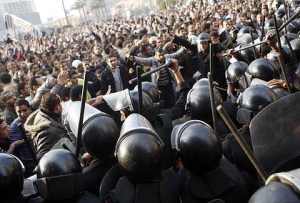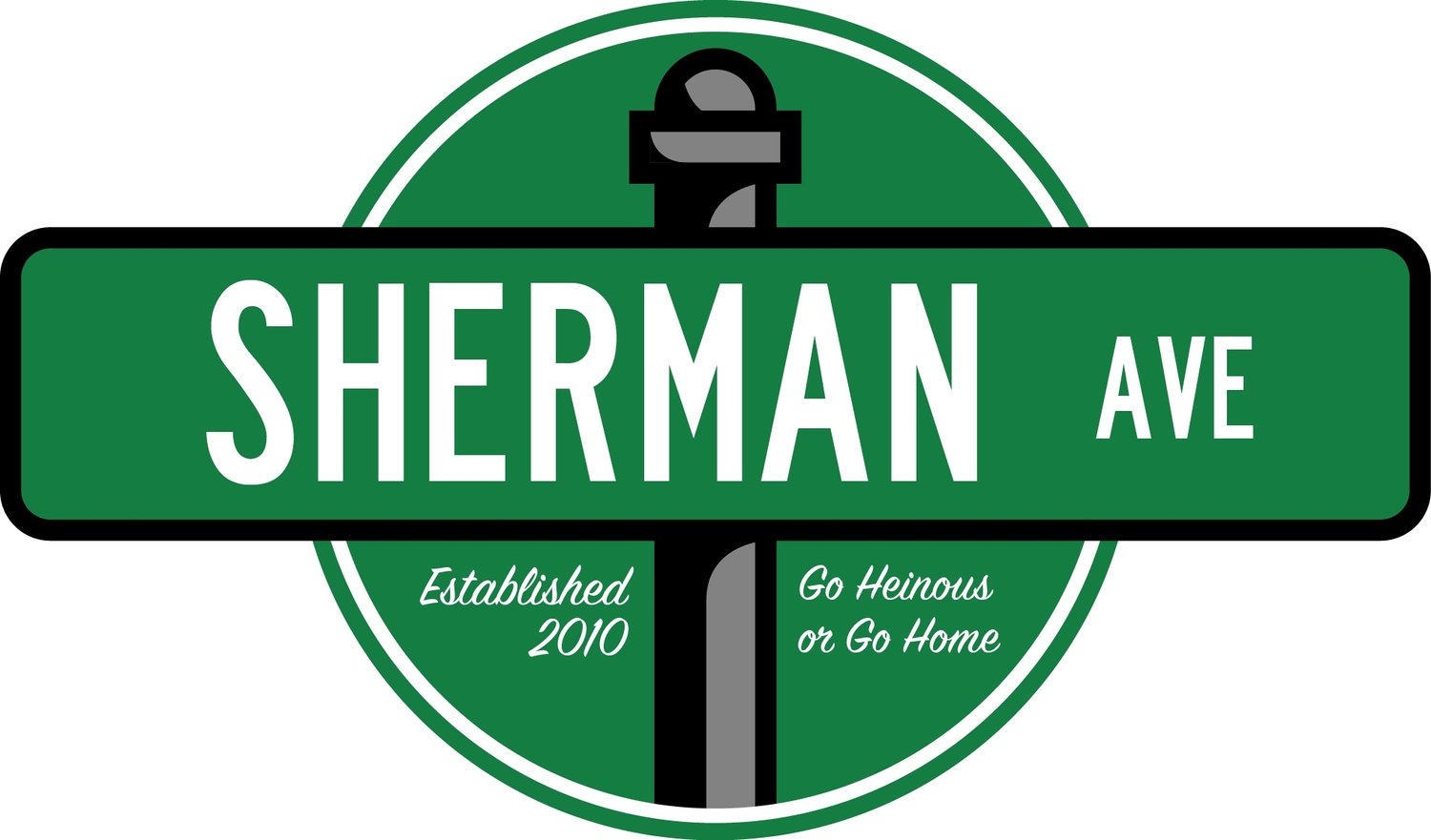Tweeting About a Revolution
A central focus of media coverage for the ongoing Egyptian protests against the repressive government of Hosni Mubarak, as well as the recent reordering of the Tunisian government and unrest in Yemen, has been on the power of internet-based social media to unleash popular resentment against authoritarian regimes. Facebook, Twitter, YouTube, and numerous local blogs have been essential tools for organization and communication among protestors, as well as vital sources of information for observers. Mubarak implicitly recognized the influential clout of the Internet when he shut down Egypt’s Internet and temporarily cut off Egypt’s cell phone service. [youtube=http://www.youtube.com/watch?v=3xWiBCIxjIk]
It is difficult to grasp the social and political implications of social media that we take for granted so easily. As the New York Times put it, there is a rising notion that, “The same Web tools that so many Americans use to keep up with college pals and post passing thoughts have a more noble role as well, as a scourge of despotism.”
But it is also just as easy to give the Internet’s social networking tools far too much credit when it comes to facilitating political unrest.
As great a resource as the internet can be, websites like Facebook and Twitter rely on the actions of their users in order to be effective. The “Day of Anger” of January 25th might not have been organized without Facebook, but it was the 15,000 protesters in Tahrir Square that shook the country, representing a national revolt against a repressive regime that embodies Egyptian frustration with unemployment, police brutality, corruption, and lack of freedom. Protesters in the streets of Cairo burning down the walls of the National Democratic Party Headquarters, not users on Facebook looking at profile walls, are the agents of change. Twitter is merely a source of instantaneous reporting, albeit an exceptionally valuable one.
Social media can even be a dangerous receptacle of information that can be used against virtuous protestors. The same New York Times article mentions numerous oppressive regimes, like Russia, China, and Iran, who exploit the Internet for their own antidemocratic purposes by mining the web for pertinent information. We must keep in mind that the Internet, once thought of as the paragon of freedom and democracy, can just as easily be used for more sinister purposes.
 Malcolm Gladwell’s New Yorker article “Small Change: Why the revolution will not be retweeted” examined the role of social media in the political turmoil of Iran’s “Green Revolution” and the 2009 Moldovan protests. Compared to the American civil-rights protests of the 1960s, Gladwell concluded that the weak ties formed by social media networks are relatively ineffectual at promoting high-risk activism. Simply liking a Facebook page involves a lot less commitment than facing the physical and psychological brutality that the Civil Rights movement encountered, just as reading the tweets of Mohamed ElBaradei involves less action than protecting your neighborhood from looters, armed solely with a baseball bat. Social media has its necessary place in activism, but it certainly does not lead to the kind of high-risk activism and popular revolt that is threatening the 30-year reign of President Mubarak.
Malcolm Gladwell’s New Yorker article “Small Change: Why the revolution will not be retweeted” examined the role of social media in the political turmoil of Iran’s “Green Revolution” and the 2009 Moldovan protests. Compared to the American civil-rights protests of the 1960s, Gladwell concluded that the weak ties formed by social media networks are relatively ineffectual at promoting high-risk activism. Simply liking a Facebook page involves a lot less commitment than facing the physical and psychological brutality that the Civil Rights movement encountered, just as reading the tweets of Mohamed ElBaradei involves less action than protecting your neighborhood from looters, armed solely with a baseball bat. Social media has its necessary place in activism, but it certainly does not lead to the kind of high-risk activism and popular revolt that is threatening the 30-year reign of President Mubarak.
 The difference between participation in activism, which social media encourages, and action, which requires motivation derived from human will, can be seen here in Evanston. When Evanston officials decided to begin enforcing the so-called “Brothel Law,” students rose up in protest. Although Twitter and Facebook were valuable forums for information and displays of discontent, the 500 students shouting at Howard, Burns, and Murphy seemed much more effective at convincing Morty Schapiro to rise up and strongarm the Evanston authorities into submission.
The difference between participation in activism, which social media encourages, and action, which requires motivation derived from human will, can be seen here in Evanston. When Evanston officials decided to begin enforcing the so-called “Brothel Law,” students rose up in protest. Although Twitter and Facebook were valuable forums for information and displays of discontent, the 500 students shouting at Howard, Burns, and Murphy seemed much more effective at convincing Morty Schapiro to rise up and strongarm the Evanston authorities into submission.
Northwestern’s Associated Student Government Facebook page has 1,216 “likes,” while the Living Wage Campaign has only 614. Despite this disparity, the Living Wage Campaign (regardless of how you might feel about their position) has been one of the most vocal and committed groups on campus, while the ASG has been unable to effect virtually any substantial change on campus. I have 87 Facebook friends who are among the 1,182,016 people who clicked on a link to join the cause to “Save Darfur.” Yet as far as I can tell, they have miserably failed at their cause, and have only raised 8.7 cents each.
It takes true motivation and commitment to change the world. Social Media, although an exceptionally helpful tool for communication and organization, does not effect change on its own. We must be wary of commentators who over-hype the role of social media in instituting change. The tools of the Internet are the tools of revolution, but it is the actions of the people, not the tools, that bring about change.






